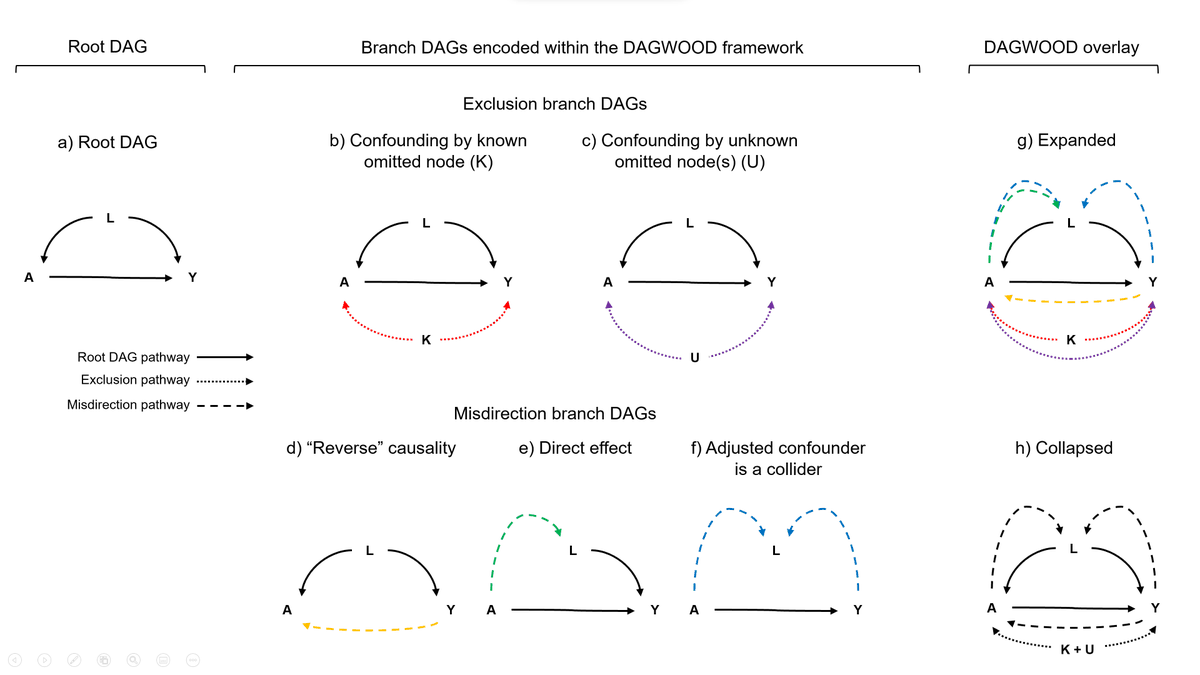
econ, epi, stats, meta, causal inference mutant scientist, epistemic humility fairy godmother, chaos muppet.
doing metasciencey stuff, e-mail noah@cos.io
How to get URL link on X (Twitter) App



 This weird paper could only be brought to you by the weird collective minds of @anecdatally, @SarahWieten, @BreskinEpi, and I.
This weird paper could only be brought to you by the weird collective minds of @anecdatally, @SarahWieten, @BreskinEpi, and I.



 Health/med/epi studies commonly avoid using "causal" language for non-RCTs to link exposures and outcomes, under the assumption that ""non-causal"" language is more ""careful.""
Health/med/epi studies commonly avoid using "causal" language for non-RCTs to link exposures and outcomes, under the assumption that ""non-causal"" language is more ""careful.""https://twitter.com/jamesheathers/status/1427639117580472332Granted, we only see the ones that get caught, so "better" frauds are harder to see.
https://twitter.com/Dereklowe/status/1417144981731565573Ain't just researchers. Back at the beginning of the pandemic, I was very into a maker/hackerspace.

 art credit to cisiopurple at deviantart and shout out in particular to the choice of human model for scale
art credit to cisiopurple at deviantart and shout out in particular to the choice of human model for scale


https://twitter.com/NeilLewisJr/status/1372756741335654404I do think that there is something to the fungibility of a lot of econ-style frameworks and ways of approaching problems, BUT in combination with hyperconfidence it gets econs (including me) in trouble.

https://twitter.com/ass_deans/status/1367824665146761225Poorly designed quality assessment metrics are arguably even more objectionable than poorly designed primary methods.
https://twitter.com/KateGrabowski/status/1361487134545367041Full disclosure: I contribute every so often to the NCRC team under the fantastic leadership of @KateGrabowski and many others, and have been a fan of both NCRC and eLife since they started (well before I started helping).




 One of the most important questions for policy right now is knowing how well past COVID-19 policies reduced the spread and impact of SARS-CoV-2 and COVID-19.
One of the most important questions for policy right now is knowing how well past COVID-19 policies reduced the spread and impact of SARS-CoV-2 and COVID-19.https://twitter.com/morallawwithin/status/1352764259005063168You don't need to read the complete works of 10k dead white guys, but it's incredibly valuable to dive down the "what does this even mean" rabbit holes.